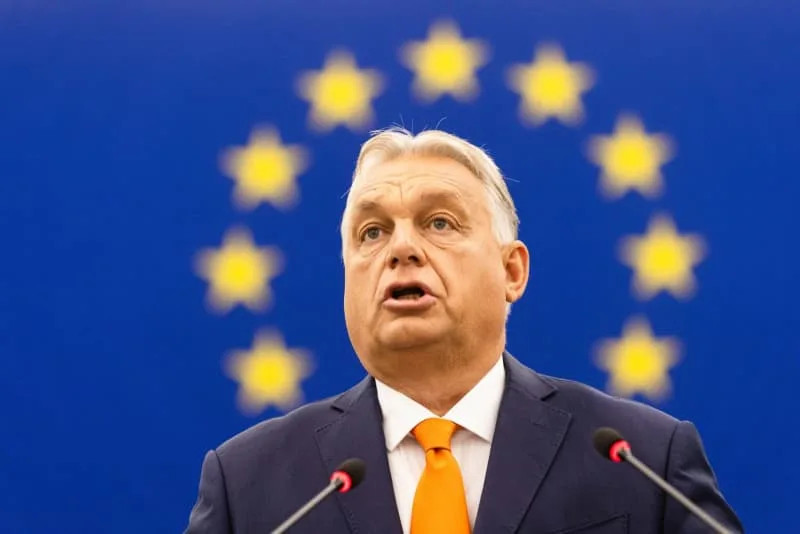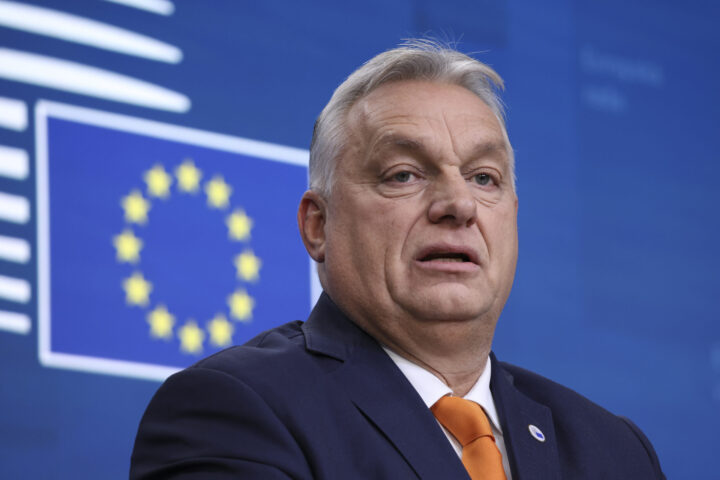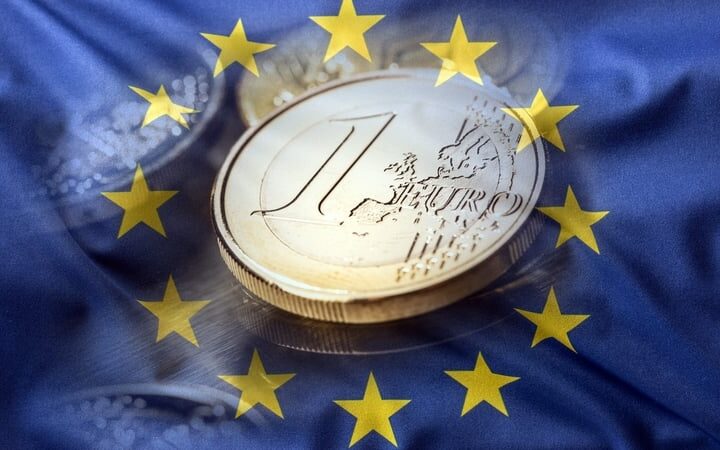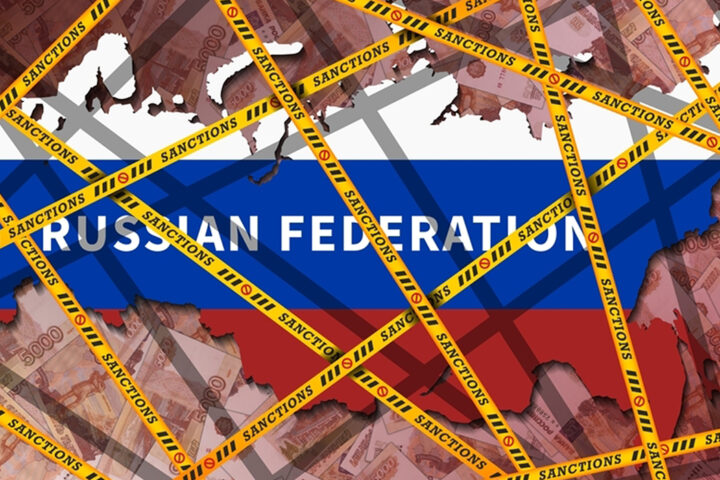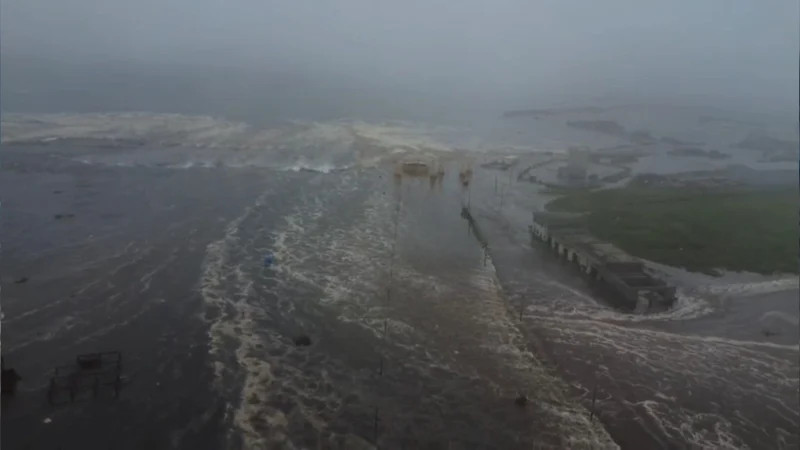The decline of independent journalism in Hungary is no longer just a domestic concern—it’s now firmly on the radar of European institutions in Brussels and Strasbourg. While media consumption in Budapest might once have seemed a private affair, the situation has escalated to an official matter before the European Commission, raising fresh concerns about press freedom, state subsidies, and democratic backsliding in an EU member state.

A System Built on Loyalty
On 28 April 2025, two Hungarian independent outlets—Magyar Hang and another unnamed publication—filed a formal complaint to the European Commission. Their accusation? The Hungarian government’s illegal state subsidies have disproportionately benefited pro-government media that toe the line of Prime Minister Viktor Orbán’s administration.
Even seemingly apolitical features—like coverage of marzipan production, Tokaji wine exports, or environmental upgrades around Lake Balaton—were reportedly peppered with editorial praise for Orbán’s policies. Unsurprisingly, outlets adopting this formula thrived, while dissenting or independent voices struggled to stay afloat.
This marks the second formal complaint submitted to Brussels on this issue. The first was filed back in 2019, but has languished amid the notoriously slow-moving bureaucracy of the EU.

EU Scrutiny and Financial Ramifications
Evidence from both complaints may finally force the European Commission to confront the clear causal link between government funding and pro-Orbán editorial bias. If confirmed, Hungary could face demands to repay EU fundspreviously channelled to compliant media, alongside additional financial penalties.
More significantly, some of Hungary’s EU funding streams may be frozen indefinitely, echoing previous decisions by Brussels to block over €20 billion due to breaches of rule of law and democratic standards.
These issues go beyond media freedom. Ongoing investigations also cover judicial independence, public procurement violations, and systemic restrictions on civil liberties.

Legal Clashes and a Sovereignty Law Under Fire
The European Court of Justice (ECJ) fined Hungary €200 million in summer 2024 for its refusal to comply with EU asylum policy. That autumn, the Commission escalated legal action against Hungary’s controversial “Sovereignty Protection Act”, passed on 12 December 2023.
This law established a powerful new authority with sweeping investigative powers and criminal penalties for political parties receiving foreign campaign funding. While the law was marketed as a defence of sovereignty, the European Commission flagged multiple violations of the EU Charter of Fundamental Rights—including infringements on privacy, freedom of expression, freedom of association, and data protection laws.
Intelligence Overreach and Eavesdropping Scandals
Adding to the democratic erosion, a joint investigation by Belgian newspaper De Tijd and Hungary’s Direkt36 revealed that Hungarian intelligence services had spied on EU officials during their visits to Budapest. Tactics included bugging hotel rooms and wiretapping conversations, with special focus on agents from the European Anti-Fraud Office (OLAF)—particularly those investigating companies linked to Orbán’s inner circle, including his son-in-law István Tiborcz.
Exit from the ICC and Strategic Isolation
In March 2025, Hungary’s Justice Minister Bence Tuzson privately announced plans to withdraw from the International Criminal Court—yet another alarming signal of Hungary’s departure from democratic norms. Rarely does a single quarter pass without some new move that further distances Budapest from the democratic core of Europe.
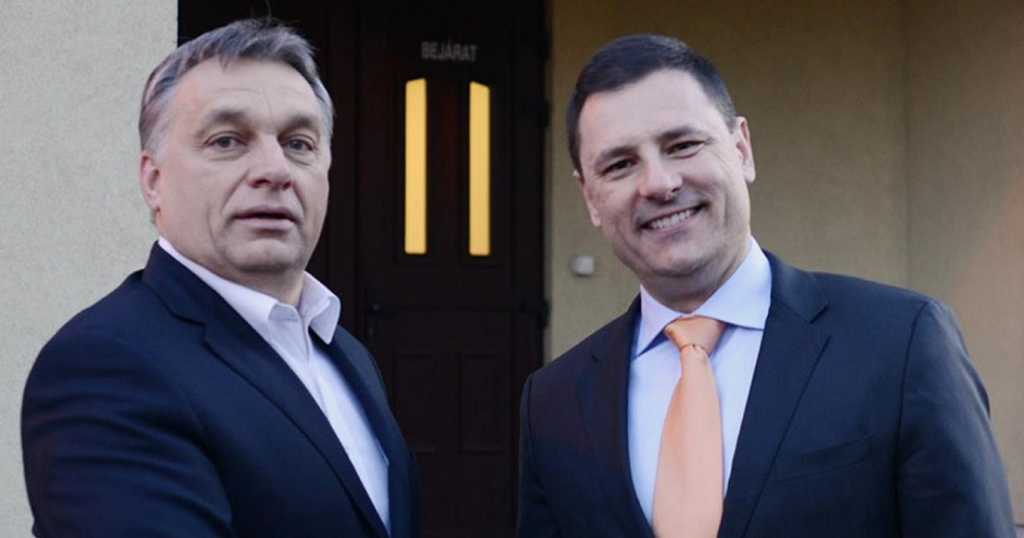
State Advertising as a Political Weapon
Between 2015 and 2023, Orbán’s government funnelled over €1 billion in state advertising revenue into media outlets loyal to Fidesz. According to Magyar Hang’s investigations, this sum exceeds Hungary’s entire annual spending on culture and media combined, representing 0.6% of the national GDP—a substantial outlay for a country grappling with economic challenges.
Predictably, this financial favouritism coincided with a steep decline in media freedom rankings. The latest 2024 Press Freedom Index by Reporters Without Borders placed Hungary 25th among 27 EU countries, with only Malta and Greece scoring worse. Globally, Hungary now ranks 67th out of 180 nations, sitting uncomfortably close to authoritarian regimes like Syria and Eritrea.
A Political Reckoning?
As the credibility of Fidesz and Orbán wanes, opposition forces are gaining momentum. Chief among them is the TISZA party, led by Péter Magyar, whose rising popularity signals a potential political shift.
This trend—coupled with Orbán’s habitual use of veto power in EU matters—has led to renewed calls to suspend Hungary’s voting rights under Article 7 of the EU Treaty. This article empowers the European Parliament to initiate disciplinary procedures against member states that violate core EU values, with the potential to strip voting rights if a unanimous decision follows in the European Council.

According to Dutch MEP Tineke Strik (Greens), at least 19 EU leaders are reportedly ready to trigger this mechanism. However, even one opposing vote would block the process—possibly from Slovakia, Greece, or Cyprus, whose own democratic records are under scrutiny. EU donor nations may need to exert significant leverage to tilt the balance in favour of democratic accountability.
The Stakes for Independent Journalism
Without decisive EU intervention, Hungary risks becoming a one-party media state, where only outlets loyal to the ruling elite can survive. Independent journalism in Hungary is fighting for its life, and the outcome will shape not only Hungary’s future, but the integrity of European democracy itself.


